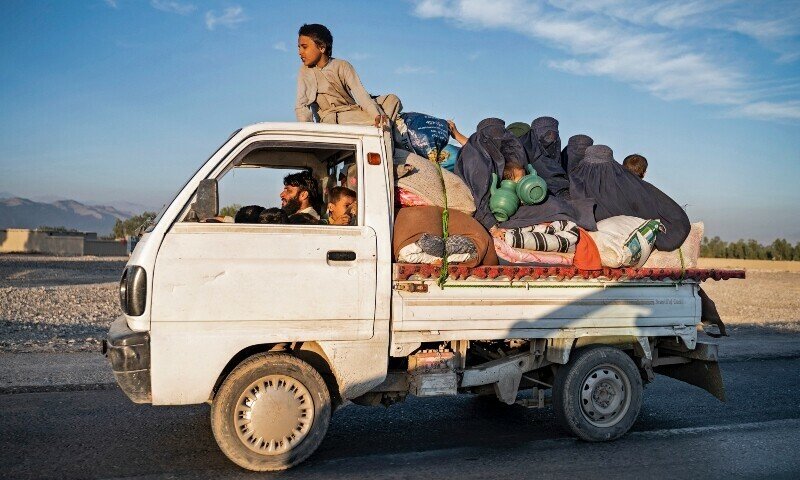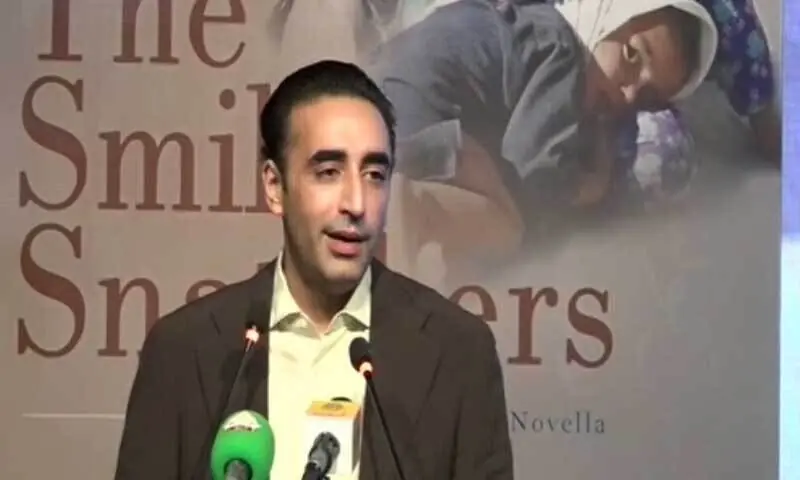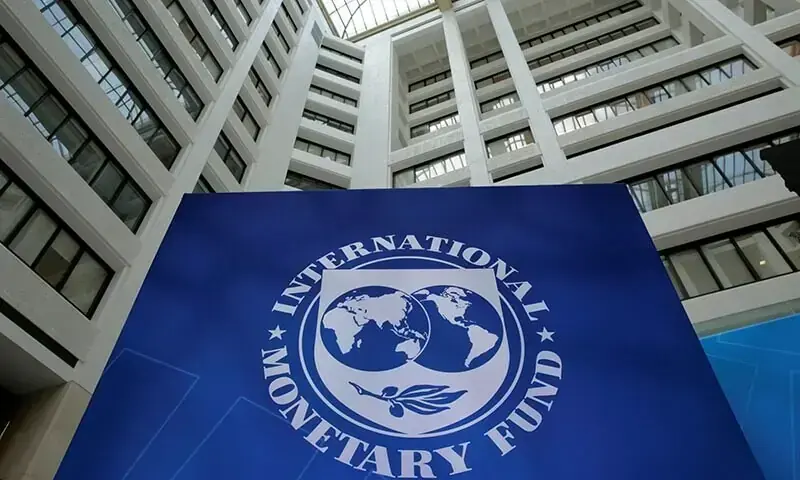Pakistan says that he has expelled more than one million Afghan in the last two years, however, many have quickly tried to return, preferring to risk avoiding the law than fighting for existence in a homeland that some had never seen before.
“Returning there, I would have sentenced my family to death,” said Hayatullah, a 46 -year -old Afghan deported through the crossing of Torkham’s border in Khyber Pakhtunkhwa in early 2024.
Since April and a renewed deportation campaign, about 200,000 Afghas have spilled on the two main border crossings of Pakistan, entering trucks loaded with hurried belongings.
But they have little hope to start in the impoverished country, where girls are expelled from school after the primary level.
Hayatullah, a pseudonym, returned to Pakistan a month after being deported, traveling about 800 kilometers (500 miles) to the south to the crossing of the Chaman’s border in Baluchistan, because for him, life in Afghanistan “had reached a stagnant position.”
He paid a bribe to cross the Chaman’s border, “like all the workers of the day who travel regularly through the border to work on the other side.”
His wife and three sons, including the daughters, 16 and 18, who would be denied education in Afghanistan, had managed to avoid arrest and deportation.
Relative security
Hayatullah moved the family to Peshawar. “Compared to Islamabad, the police here don’t harass us so much,” he said.
Samad Khan, a 38 -year -old Afghan who also spoke using a pseudonym, also chose to relocate his family in Peshawar.
Born in Lahore, he set foot in Afghanistan for the first time on April 22, the day he was deported.
“We have no relatives in Afghanistan, and there are no signs of life. There is no work, no income, and the Taliban are extremely strict,” he said.
At first, he tried to find work in a country where 85 percent of the population lives in less than one dollar per day, but after a few weeks, he found a way back to Pakistan.
“I paid RS50,000 to an Afghan truck driver,” he said, using one of his identification cards for Pakistani employees to cross the border.
He hastened to return to Lahore to group his belongings and his wife and two children, who had been left behind, to a vehicle and moved to Peshawar.
“I started a second -hand shoe business with the support of a friend. The police here do not harass us as they do in Lahore, and the general environment is much better,” he told AFP.
Reintegration ‘challenging’
It is difficult to say how many Afghans have returned, since the data is scarce.
Government sources claim that hundreds of thousands of Afghan have already returned and are established in KP, figures that cannot be verified independently.
The defenders of the rights of migrants in Pakistan say they have heard of such yields, but insist that the numbers are limited.
The International Organization for Migration (IIM) said AFP that “some Afghas who were returned have subsequently chosen to remigned to Pakistan.”
“When people return to areas with limited access to basic services and opportunities for livelihoods, reintegration can be a challenge,” said Avand Azeez Agha, communications officer of the UN Agency in Kabul.
They could move forward again, he said, “as people seek sustainable opportunities.”








